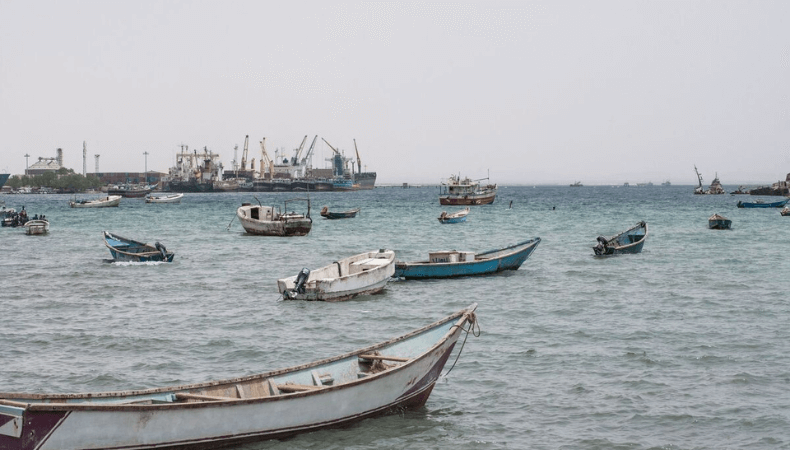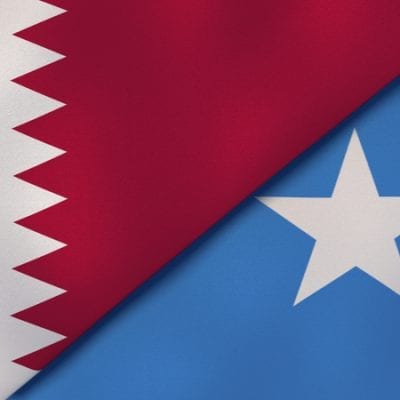Unraveling Ethiopia-Somaliland Maritime Dispute: A Comprehensive Analysis

In the volatile landscape of the Horn of Africa, tensions have surged between Somalia and Ethiopia due to a contentious maritime deal with Somaliland. This article delves into the intricacies of the conflict, highlighting key developments, international responses, and the potential ramifications.
Escalating Tensions: The Genesis of the Dispute
On January 1, Ethiopia, seeking strategic access to the sea, inked a memorandum of understanding (MOU) with Somaliland, an autonomous region that declared independence from Somalia in 1991. This move exacerbated longstanding tensions, prompting Somalia to categorize it as an act of “aggression.”
Somalia’s Firm Stance: No Room for Mediation
Somalia, in a robust response, declared on Thursday that any possibility of mediation hinges on Ethiopia retracting the contentious MOU. The Foreign Ministry emphasized the non-negotiable demand for the cancellation of the deal, linking it to the sovereignty and territorial integrity of Somalia.
International Diplomacy at Play
As the crisis unfolds, international bodies such as the African Union’s Peace and Security Council and the East Africa grouping IGAD have stepped in. Calls for restraint, de-escalation, and meaningful dialogue echo from these forums, urging a peaceful resolution. Notable global players, including the United States, the European Union, China, and the Arab League, advocate for respecting Somalia’s sovereignty.
Somalia’s Warning: Al-Shabab’s Potential Resurgence
President Hassan Sheikh Mohamud issued suggestions that the Ethiopia-Somaliland pact could pave the way for a resurgence of Al-Shabab, the militant group that has long challenged Somalia’s central government.
Unpacking the Ethiopia-Somaliland MOU
The MOU entails Somaliland leasing 20 kilometers of its coast to Ethiopia for 50 years, enabling the establishment of a naval base and commercial port. The geopolitical significance of this agreement is underscored by Ethiopia’s historical lack of direct maritime access, having been cut off after Eritrea’s secession in 1993.
Historical Context: Ethiopia and Somalia’s Complex Relationship
Ethiopia and Somalia have a history marred by wars and territorial disputes. Two wars in the late 20th century, coupled with Ethiopia’s landlocked status since 1993, have shaped the dynamics of their interactions.
Keep Reading
The Somaliland Conundrum: Autonomy and International Recognition
Somaliland’s 1991 declaration of independence remains unrecognized by Mogadishu and the international community. Despite having its own government, security forces, and currency, it exists in a complex limbo where autonomy clashes with broader geopolitical interests.
Conclusion: Navigating the Future
In the crucible of geopolitical tensions, the Ethiopia-Somaliland maritime dispute emerges as a pivotal moment. The implications stretch beyond the immediate stakeholders, influencing regional dynamics and potentially reigniting security challenges. As the world watches, the resolution of this conflict will undoubtedly leave an indelible mark on the Horn of Africa’s geopolitical landscape.






